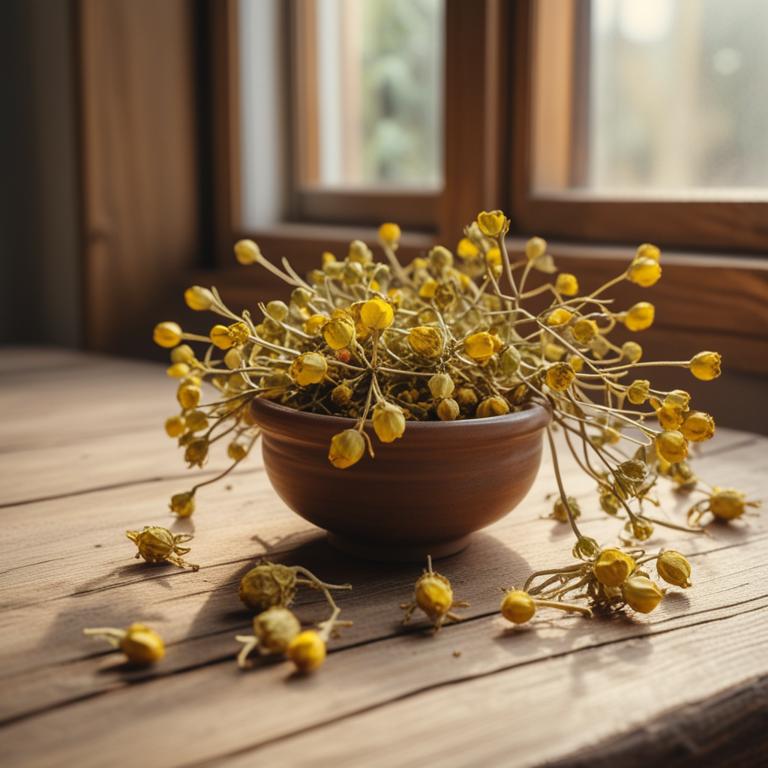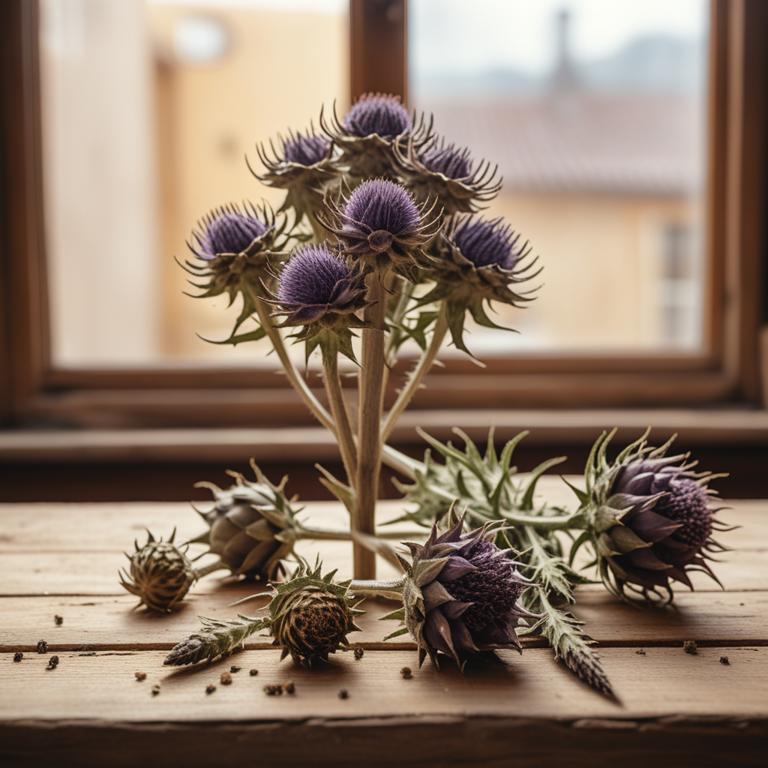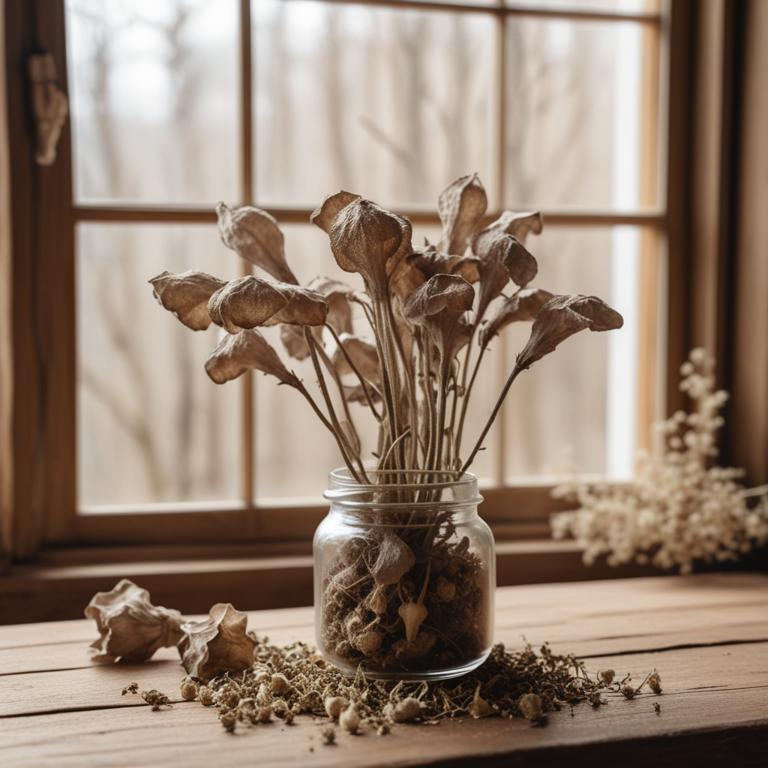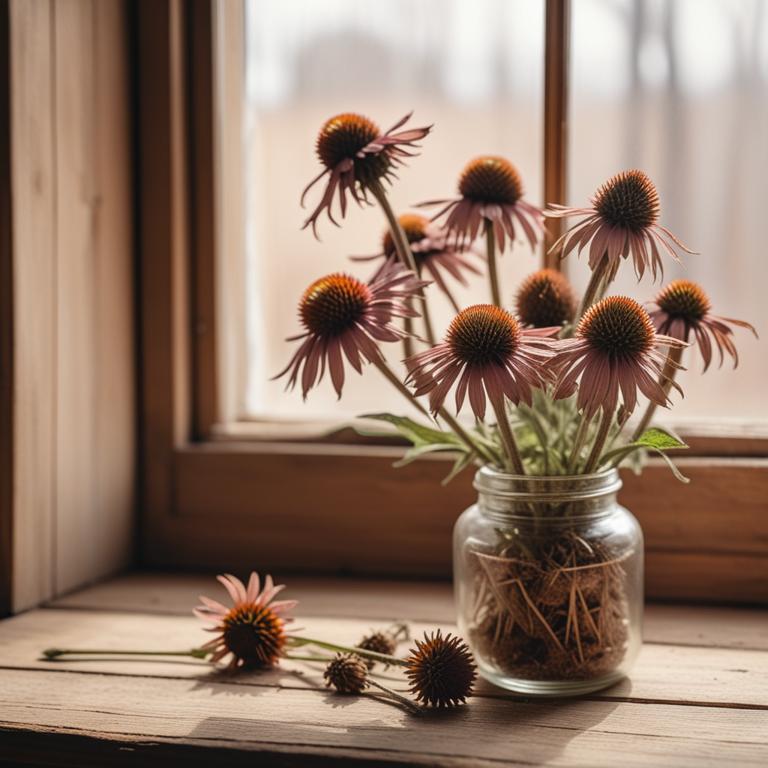Updated: Dec 1, 2024
Acne Remedies: Causes, Medicinal Herbs, and Natural Herbal Preparations
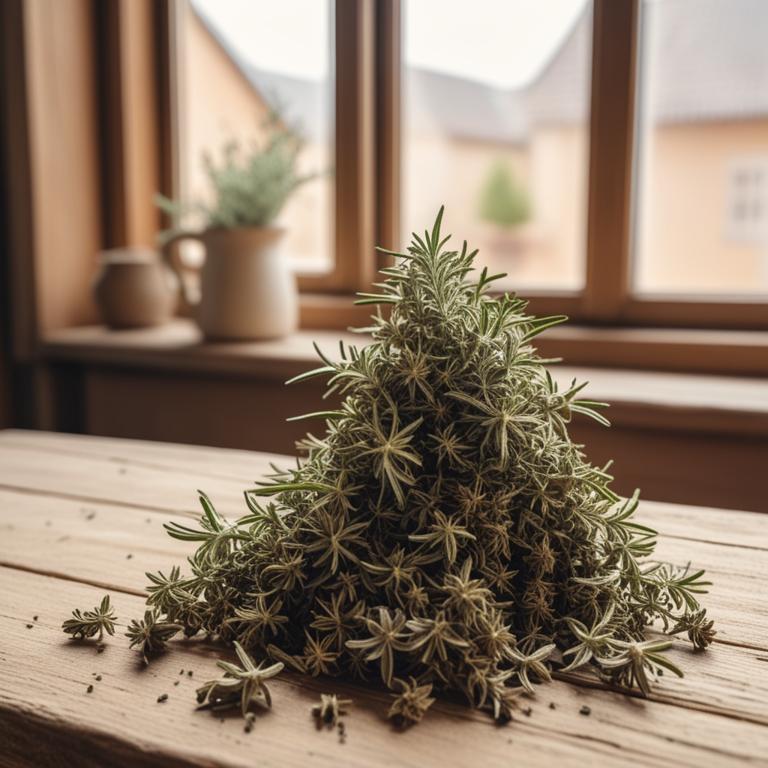
Acne is a common skin condition that causes red, painful bumps and pimples.
It can affect anyone, but it's most common in teenagers and young adults. For those who experience acne, it can be a source of embarrassment and low self-esteem. It can also make everyday activities like going to school or work, and socializing with friends, more difficult. Acne is usually caused by a combination of factors, including hormonal changes, stress, and genetics. When your pores get clogged with oil and dead skin cells, it can lead to inflammation and breakouts.
Diet and lifestyle habits can also contribute to acne - consuming high amounts of sugar and dairy products, for example, can trigger breakouts. Herbal remedies have been used for centuries to treat acne. Certain herbs, such as neem and tea tree oil, have anti-inflammatory and antibacterial properties that can help to reduce redness and inflammation. Other herbs like aloe vera and chamomile can soothe and calm the skin, reducing the appearance of acne. To use these herbs for acne, you can try drinking teas made from them, applying them topically as a mask or cream, or taking them as supplements. For example, you can make a tea from dried neem leaves and drink it twice a day to help reduce acne breakouts.
Alternatively, you can apply a cream or oil made from tea tree oil directly to individual pimples to help reduce their size and redness.
Table of Contents
What factors contribute to the occurrence of acne?
The main causes of acne are a combination of internal and external factors.
Genetics play a role because if your parents had acne, you're more likely to get it too. This is because you inherit your parents' skin characteristics and how it reacts to certain triggers. Another key factor is bacteria overgrowth, specifically a type of bacteria called Propionibacterium acnes (P. acnes). This bacteria is naturally found on our skin but can cause problems when it multiplies too quickly.
When pores get clogged, P. acnes bacteria thrive in the oil and dead skin cells, leading to inflammation and breakouts. Hormonal imbalance is also a common cause of acne. During puberty, the body goes through hormonal changes that can cause oil glands to produce more oil, clogging pores and leading to acne. In women, hormonal fluctuations during menstruation, pregnancy, or menopause can also cause acne. Lastly, dead skin cells can contribute to acne by clogging pores.
As skin cells naturally die and flake off, they can mix with the oil produced by the skin, creating a plug that can become infected with P. acnes bacteria.
What advantages are there to using herbs for treating acne?
Using herbs for acne can be really helpful.
One of the main benefits is that they are often gentle on the skin, causing less irritation and redness compared to harsh chemical products. These herbs also have natural antibacterial and anti-inflammatory properties, which can help to reduce the number of acne-causing bacteria on the skin and calm down the inflammation.
As a result, they can help to reduce the severity and frequency of breakouts. Many of these herbs are also rich in antioxidants, which can help to protect the skin from damage caused by free radicals and promote healthy skin cell growth.
Additionally, using herbs can be a more natural and sustainable way to take care of your skin, avoiding the use of artificial chemicals and preservatives found in many commercial products.
What are the key medicinal herbs for acne management?
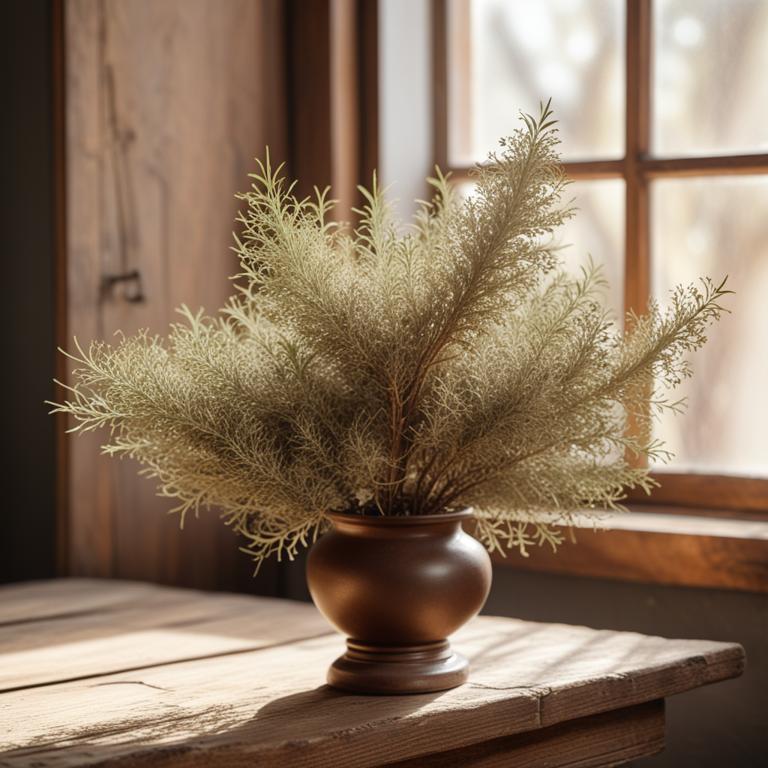
Herbs have been used for centuries to help with acne, and they're still a great option today.
One of the most effective herbs is Melaleuca alternifolia, also known as tea tree oil. It has antimicrobial properties that help kill the bacteria that cause acne, reducing inflammation and preventing new breakouts. Aloe barbadensis, or aloe vera, is another great herb for acne. It's anti-inflammatory, which means it can reduce redness and swelling caused by pimples. It also has soothing properties that calm irritated skin and promote healing. Ginger, or Zingiber officinale, has anti-inflammatory properties too, which can help reduce redness and swelling.
It also has antioxidant properties, which can help protect the skin from damage caused by free radicals. Calendula officinalis, also known as marigold, is a natural antiseptic that can help prevent infections and promote healing. It's also anti-inflammatory, which can help reduce redness and swelling. Finally, Cymbopogon citratus, or lemongrass, has antimicrobial properties that can help kill the bacteria that cause acne. It also has anti-inflammatory properties, which can help reduce redness and swelling. These herbs can be used in various ways, such as applying them topically to the skin, taking them as supplements, or using them in skincare products.
They're a natural and effective way to help manage acne, and they can be especially helpful for people who don't want to use harsh chemicals or medications.
What are the herbal preparations that people use for acne?
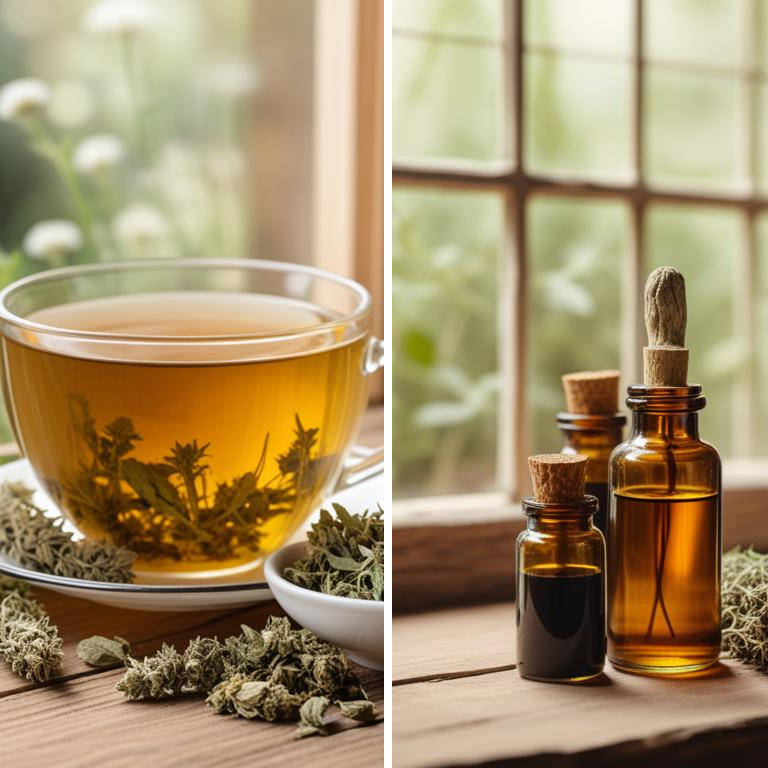
Herbal preparations can be a great way to help with acne.
Let's take a look at some popular ones. Decoctions are a liquid extract that's made by boiling herbs in water. For acne, herbs like turmeric and neem are often used, as they have anti-inflammatory and antibacterial properties that can help reduce redness and kill bacteria that cause acne. Tea is another option, and it's easy to make. Herbs like green tea and peppermint can be steeped in hot water to create a liquid that can be applied to the skin to help reduce inflammation and calm irritated skin. Infusions are similar to teas, but they're made by steeping herbs in cold water.
This is a great way to make a gentle, soothing liquid that can be used to calm acne-prone skin. Herbs like chamomile and lavender are popular choices for infusions. Tinctures are concentrated liquid extracts that can be added to water or applied directly to the skin. For acne, herbs like tea tree oil and calendula are often used, as they have antibacterial and anti-inflammatory properties that can help reduce acne symptoms. Salves are topical creams or ointments that are made by infusing herbs in a carrier oil, like coconut or olive oil. These can be applied directly to the skin to help reduce inflammation and promote healing.
Herbs like aloe vera and chamomile are often used in salves to calm and soothe acne-prone skin.
Additional Resources:
Should certain herbs be avoided if you have acne?
If you have acne, it's best to steer clear of Sassafras albidum, a herb that can cause skin problems due to its high oil content.
This oil can clog pores and make acne worse. Sassafras is also known to stimulate the skin, which may sound good, but it can actually lead to inflammation and more breakouts. Another herb to avoid is Cinchona officinalis, which contains compounds that can increase sensitivity and inflammation in the skin. This can make acne appear worse and be more painful. For people with acne, it's better to avoid anything that can irritate the skin even more. Hydrastis canadensis, also known as goldenseal, is another herb to be cautious with when you have acne.
It contains berberine, a compound that can dry out the skin, which can be problematic for people with acne. Dry skin can lead to more flaking, redness, and inflammation, making acne worse. Glycyrrhiza glabra, also known as licorice root, has been shown to increase androgen hormones in the body. Androgens are known to contribute to acne, so it's best to avoid this herb if you have acne. Glycyrrhiza glabra can also cause water retention, which can lead to more breakouts and inflammation. Lastly, Eucalyptus globulus can be irritating to the skin, especially if you have acne. The strong scent and oil content of this herb can cause skin irritation, redness, and inflammation, making acne worse.
It's best to avoid using Eucalyptus globulus in any form if you have acne.
FAQ
Are there any specific herbs that can prevent acne?
Some herbs like tea tree oil, which has antibacterial properties, may help prevent acne.
It can reduce inflammation and fight off bacteria that cause pimples. Aloe vera is another herb that can soothe and calm the skin, reducing redness and irritation.
These herbs can be applied topically to help keep skin clear.
Is it safe to use herbal remedies for acne during pregnancy?
Using herbal remedies for acne during pregnancy can be a concern.
Some herbs may not be safe for the developing baby or could interact with other medications you're taking. For example, saw palmetto and wild yam can affect hormone levels.
Always check the ingredients and potential risks before using any herbal remedy.
Are there any herbs that can reduce the frequency of acne?
Some herbs, like tea tree oil and neem, have been studied for their potential to reduce acne.
Tea tree oil is known for its antibacterial properties, which can help fight acne-causing bacteria. Neem, on the other hand, may help reduce inflammation and prevent clogged pores, both of which can contribute to acne.
These herbs can be applied topically or used in skincare products.
Related Articles
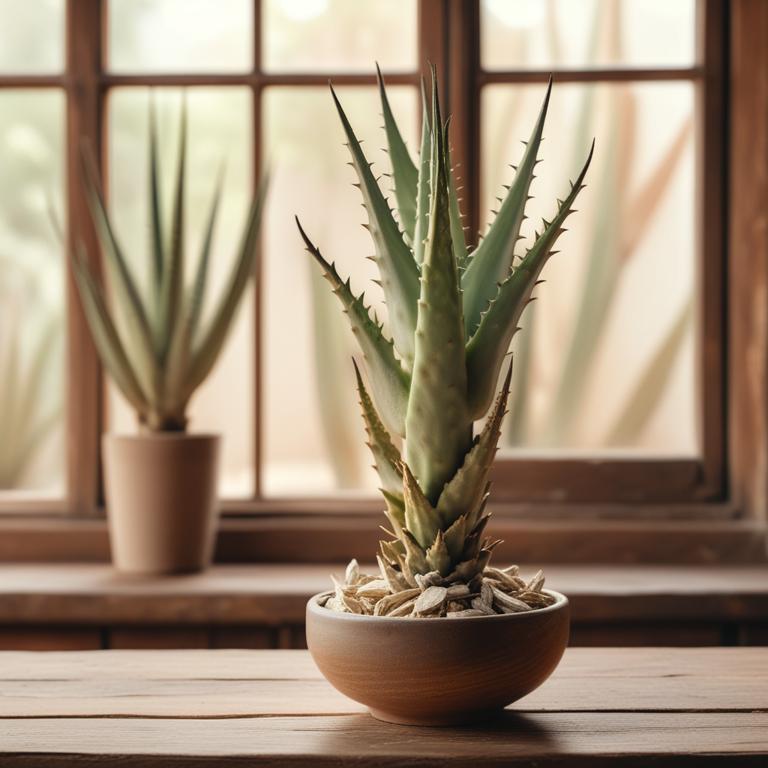
Glowing Skin: Causes, Medicinal Herbs, and Effective Herbal Remedies
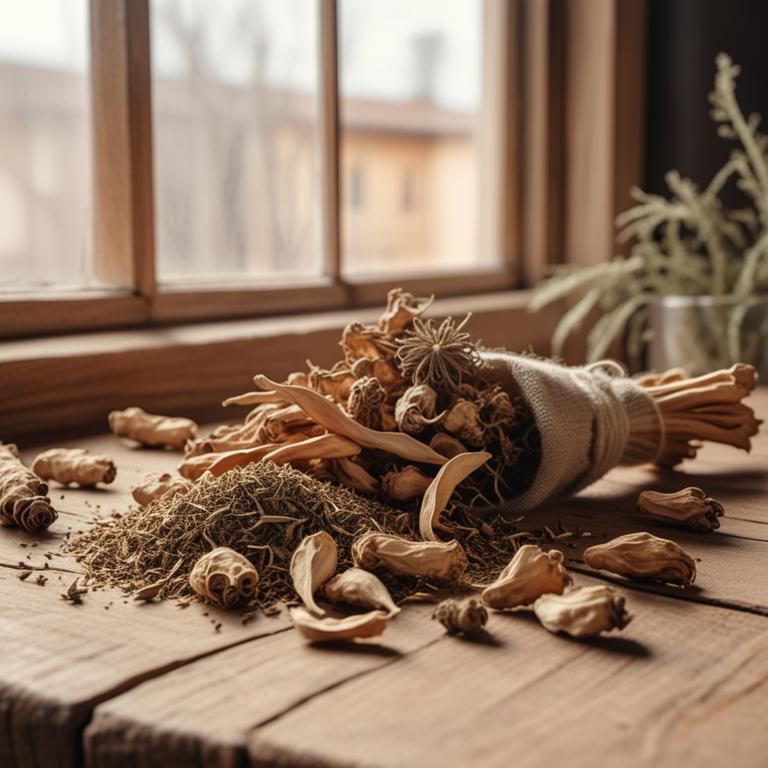
Fever Blister on Lip: Causes, Herbal Preparations, and Home Remedies for Relief
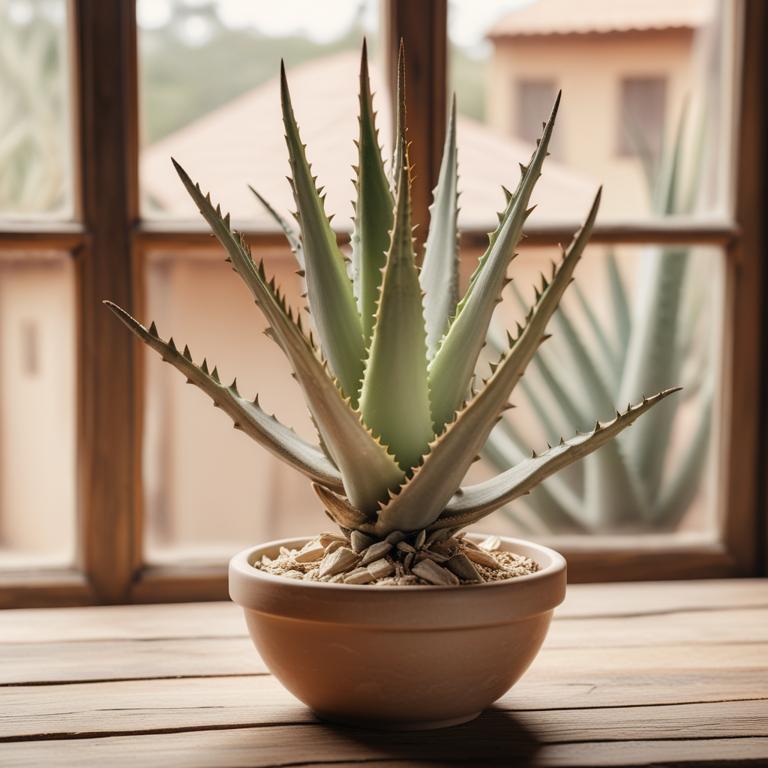
Causes and Herbal Remedies for Psoriasis: A Comprehensive Guide
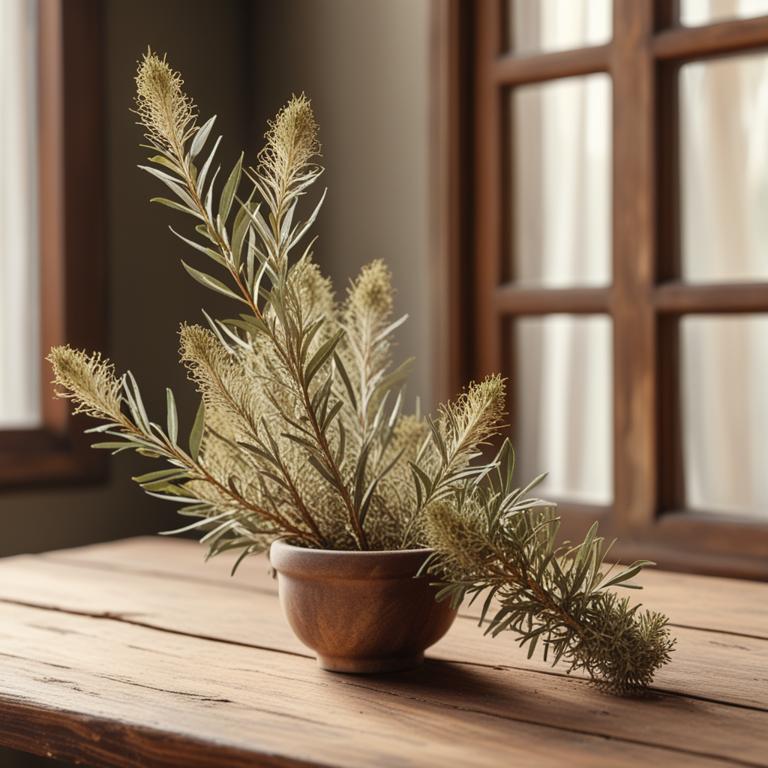
Sunburn Treatment Options: Medicinal Herbs, Herbal Preparations, and Natural Remedies
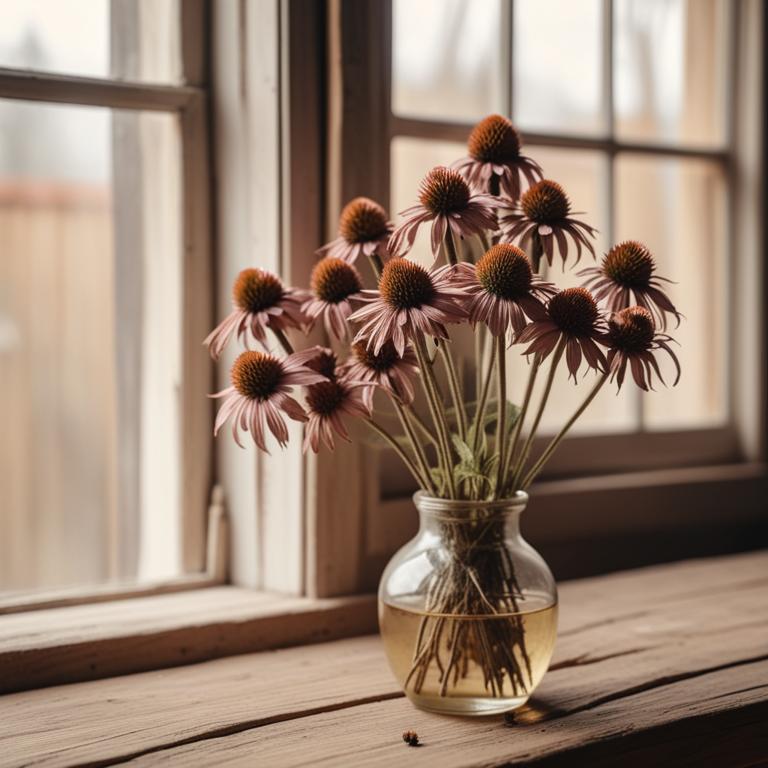
Inflamed Mouth Care: Causes, Medicinal Herbs, and Natural Remedies for Healing
